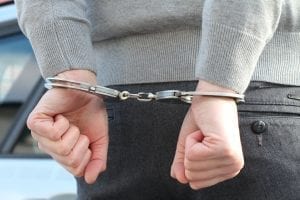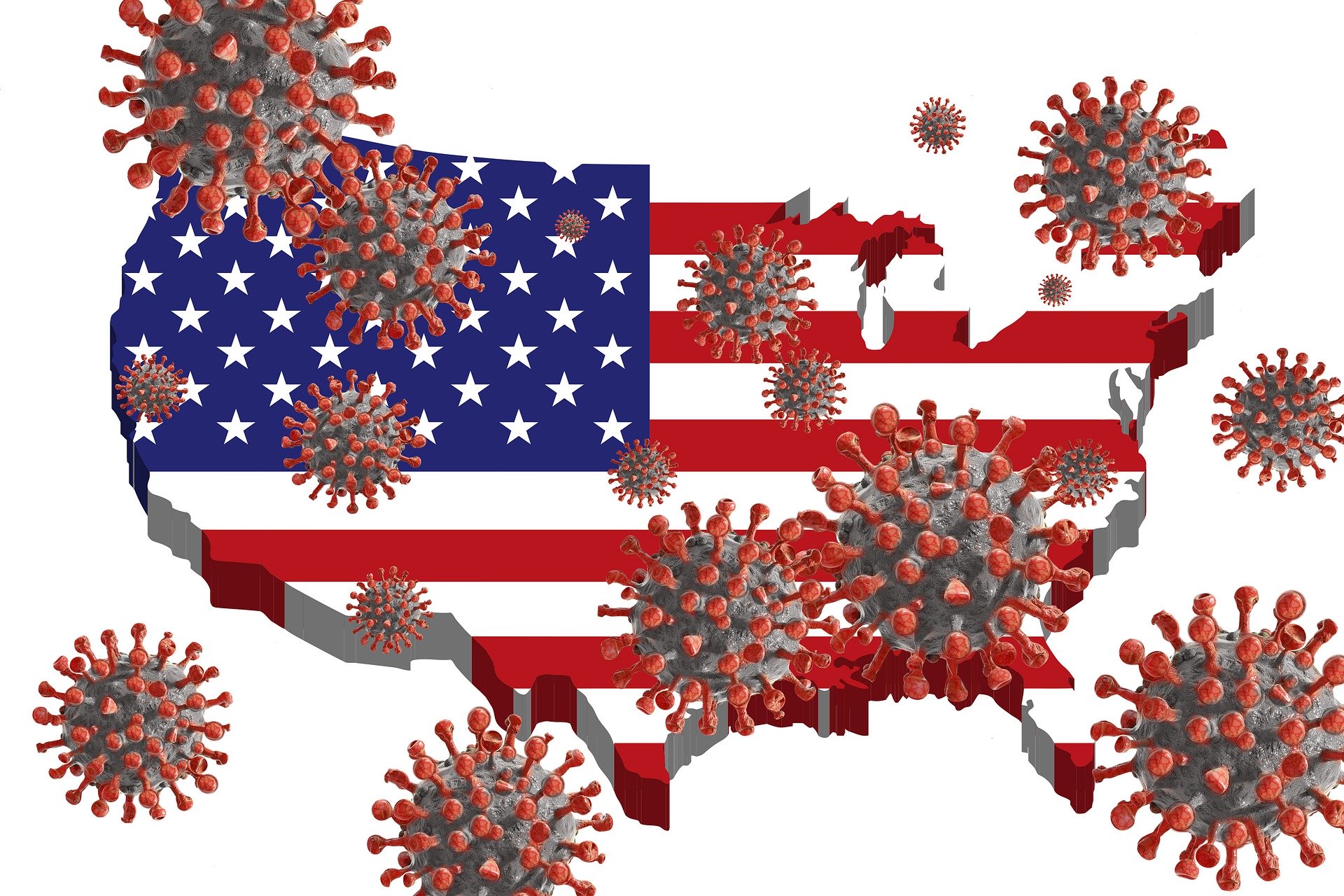American officials are urging individuals to stay at home, but these orders aren’t being enforced with punitive measures, yet. If we want to avoid this type of scenario, then the best thing we can do is collectively adhere to social distancing measures being recommended across the board.
The world seems to have changed overnight as a result of the Coronavirus. Suddenly, kids are no longer going to school, groceries are being rationed, and employees are being sent home in droves.
Are you currently being ordered to shelter in place or stay at home? If so, then you’re likely wondering what this new pandemic means for your rights as a citizen. Are you still allowed to move around freely? Will you be stopped by the National Guard if you go out for groceries?
It’s normal to feel uneasy during this unprecedented time, but there’ s no reason to fear. Read on to learn everything you need to know about quarantine orders, the National Guard, and your rights below.
What is a Federal Isolation or Quarantine Order?
The U.S. Constitution gives the federal government the authority to issue isolation or quarantine orders. The Centers for Disease Control and Prevention (CDC) is the federal group that oversees these actions. The CDC can legally detain and test individuals attempting to travel between states or into the country.
States also have the authority to issue isolation or quarantine orders. Several states have already utilized this power to prevent the spread of Covid-19. President Trump is currently considering imposing enforceable quarantine measures in New Jersey, New York, and Connecticut.
Can I Get Arrested for Breaking the Coronavirus Quarantine?
While federal and state governments have the power to issue orders, it’s the local police officers who are tasked with upholding those orders. In most states, intentionally violating these court orders is considered a criminal misdemeanor offense.
That means you can get arrested, imprisoned, or fined for breaking quarantine.

In some areas, police officers are already beginning to crack down on gatherings and outings. If you’re an essential worker, then it’s advised you seek out an authorization pass from your employer. This pass will allow you to go to and from work.
You’re also allowed to go out in public for things like groceries and medical supplies. If an officer stops you, then explain your situation. Police aren’t likely to arrest anyone for attempting to get necessary supplies for themselves or their families.
What Are my Rights During the Covid-19 Crisis?
Due to the ongoing pandemic and our national emergency status, states do have the right to enforce curfews and other restrictions on citizens. Here are the types of orders they can impose and what they mean:
• Curfews: No one is allowed out in public after a certain time
• Quarantine: Restriction of the public’s movement in exposed communities
• Isolation: Separating individuals suspected to be infected from non-sick citizens
Some states, like Alaska, do have restrictions on police powers during the pandemic. In Alaska, authorities must allow isolation to occur in their own homes as long as they wouldn’t pose a risk to the community. In Arizona, no treatment can be provided if it’s against the patient’s will. Despite that, the person must abide by the quarantine order.
Other states, like Minnesota, give citizens due process rights even when suspected of having the virus. You can be detained for up to 72 hours, but you must be afforded a hearing. Learn more about your state’s statutes at the National Conference of State Legislatures (https://www.ncsl.org/research/health/state-quarantine-and-isolation-statutes.aspx).
Why is the National Guard in my State?
Have you seen armored vehicles or military members starting to show up in your city? Did you hear that President Trump activated the National Guard in all 50 states? A national emergency was declared on March 13, and all states are currently under state-wide emergencies as well.
Many U.S. citizens are concerned about the increased military presence in their state. All National Guard members are currently working under the authority of the state government and local police departments. Your local police department is still the primary enforcement agency in your area. The National Guard is helping with things like:
• Disinfecting areas
• Distributing food to those who need it
• Helping manage crowds
• Setting up containment zones
The National Guard is likely in your state because your governor asked for help. Again, that doesn’t mean the military is taking control of the situation. Instead, they’re following instructions from local law enforcement agencies and your state’s governor.
Stay Safe and Stay at Home
Currently, the U.S. has the highest number of positive Coronavirus cases in the world. While this isn’t ideal, our nation hasn’t taken the extreme measures that other countries have. The Russian government is currently using facial recognition to identify culprits breaking quarantine measures. These individuals are being punished with 3-5 years in prison. In China, those suspected of having the virus had their doors nailed shut from the outside by authorities.
American officials are urging individuals to stay at home, but these orders aren’t being enforced with punitive measures, yet. If we want to avoid this type of scenario, then the best thing we can do is collectively adhere to social distancing measures being recommended across the board.
Sources:
https://www.cdc.gov/quarantine/aboutlawsregulationsquarantineisolation.html
https://www.ncsl.org/research/health/state-quarantine-and-isolation-statutes.aspx


Join the conversation!